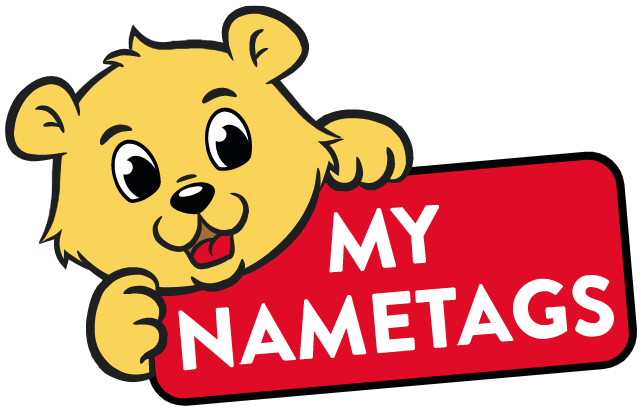We know that a person’s name can really paint a picture of the type of person that they are, so we were interested to find out what stereotypes exist around the UK’s most popular names and whether they ring true when put to the test.
THE STEREOTYPES
Focussing on six of the most common names in the UK: David, James, Christopher, Sarah, Laura and Gemma, we conducted a survey of 2,000 adults to determine the stereotypes surrounding each of the names.
Key findings
- People named James are considered to be the most charismatic
- We expect people called Gemma to be bad tempered and unkind
- Davids are expected to be assertive, angry and closed-minded
- Sarahs are thought to be likeable, conscientious and kind
- Christophers are considered to be intellectual, reliable, quiet and high-achieving
- Lauras are often thought to be unlikable and bad team players
What the experts say
Chartered Clinical Psychologist and Scientist, Linda Blair explains why these stereotypes exist: “One of the ways we deal with information overload, a real problem in today’s world, is to create mental ‘shortcuts’ and relying on name stereotypes is one of them. However, these stereotypes are usually based on only a few high-profile individuals at a particular point in time and, even less realistically, often on fictional characters in books and films. As a result, they rarely hold up in everyday encounters. Add this to the fact that each of us displays different, often contradictory qualities, depending on the situation, and you’ll find those stereotypes bear little relation to the people you meet.”
TESTING THE STEREOTYPES
Keen to test this theory, we teamed up with Linda Blair to conduct a series of psychological assessments devised to reveal an individual’s most dominant personality traits, on a test group of people with these six names. Using ‘The Big Five’ personality types, which are the five categories used by psychologists to define human personalities, the trial asked each of the subjects to describe themselves from their own point of view, as well as their friends and family’s point of view, to give a rounded perspective of their personalities.
The results showed that in many instances, the stereotypes were entirely wrong. Surprisingly, given how strong the stereotypes are, only around 30 percent of people tested displayed the characteristics that we expected them to have.
What this means
Commenting on the findings, Linda Blair said: “The tests revealed that most people have a range of conflicting personality traits, offering a potential explanation as to why so few people lived up to their stereotypes. For instance, during testing, one Sarah described herself and both organised and disorganised, depending on the situation. This makes it incredibly difficult to categorise individuals into a broad stereotype, especially based on their first name alone.
“These contrasting qualities are likely to present themselves to different people in different situations, so there is no single list of qualities that could be used to describe any one of these accurately. For this reason, I would suggest that it isn’t possible for someone to ‘act like a James’ and we shouldn’t be tempted to make judgements about people based purely on their name because we will almost certainly be wrong.”
What are your thoughts? We’d love to hear from you! Tweet us @MyNametags or join the conversation on our Facebook page.




